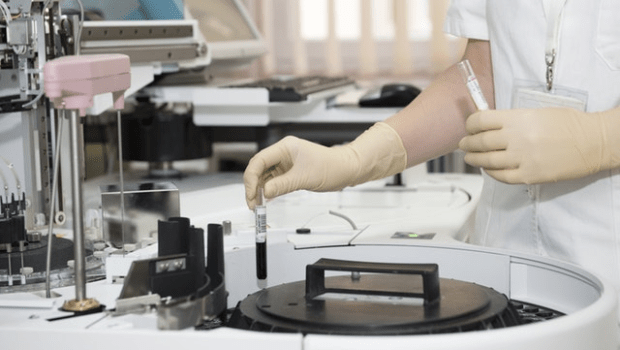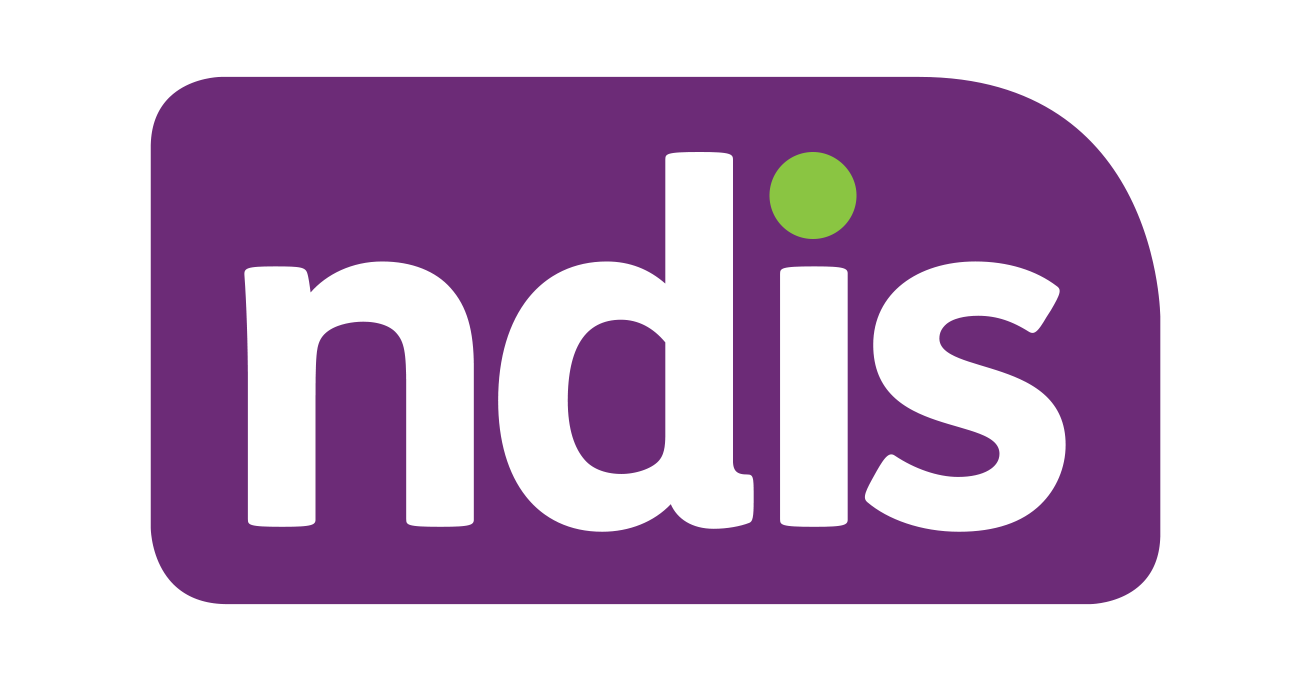-

-
Published on
07/03/2018
by Any Business.Com.Au
Health, technology and the opportunity for growth
Over the past decade, Australia's health and medical industry has grown dramatically in size and reputation for its world leading technology, innovation, high professional skills, advanced research, development and robust health system.
It is characterised by a small number of global multinational companies (approximately 20 per cent of the industry) and a large number of small and medium-sized enterprises (80 per cent of the industry).
The health and medical industry is represented by manufacturers, specialised in niche applications in the fields of cardiovascular, diagnostic, hearing, orthopaedic, respiratory devices, as well as health IT, health infrastructure, services and clinical trials.
The industry is also expected to advance rapidly into new fields of science, engineering, and nanotechnology to facilitate new innovations in the biomedical sphere and an increasing convergence of physical and biological technology platforms.
Medical devices in Australia are regulated by the Therapeutic Goods Administration (TGA). The TGA uses a risk-based approach to assess devices before they are entered onto the Australian Register of Therapeutic Goods.
Australia's medical device industry can list among its distinct competitive advantages its reduced time to market compared with drug discovery, its comparatively highly skilled workforce and its geographic position within the Asia Pacific region.
The medical device industry is supported by Australia's entrepreneurial and globally competitive Precision Engineering Industry (PEI) which has critical links to Australia's automotive industry.
The PEI researches, designs, develops, manufactures and verifies high-accuracy components, high-precision machines and systems. PEI enterprise is practised in a variety of technical areas, from engineering – mechanical, electrical, optical, and industrial - to medical devices, ergonomics, human support technology, materials science, physics, chemistry, mathematics, and computer science.
Health IT
The health information technology and informatics field is a rapidly expanding sector both in Australia and internationally. Australia's large geographic size has driven advancement in technology for delivering health services across diverse areas making Australia a global leader in areas such as health messaging and electronic health record architecture.
Hospital spending on health IT initiatives also drives the industry and innovative technologies have emerged in electronic information sharing with general practice and specialised physicians, community, mental health and aged care providers.
Health infrastructure and services
• Specialist services such as acupuncture, homoeopathy and naturopathy
• Hospital and health facilities design, architecture and interiors
• Hospital management
• Delivery of turnkey hospital solutions via a HealthTeam Australia consortium
• Health consultancies particularly in developing economies
• Tele-health services such as tele-radiology or outsourced back office support
• Medical staff recruitment services
• Healthcare professional training and education
• Aged care services
• Pathology/diagnostic services/DNA testing
• Medical tourism
Natural healthcare and well-being
The domestic Australian natural (complementary) healthcare industry is robust and significant. Market research shows that the popularity of natural healthcare products is increasing with a growth rate of seven per cent year on year. Three-quarters of Australians, including 92 per cent of women aged 20-24; take at least one dietary supplement and a quarter of the population visit complementary healthcare practitioners each year.
The Australian industry continues to grow to meet these requirements. Already attuned to alternative approaches to health, discerning baby boomers (Australia's largest population group) increasingly demand greater choice and adopt a preventative healthcare approach to maintaining healthier lives. In Australia, the fastest growth areas are nutritional oils, men's health and eye health.
The local natural healthcare industry benefits from Australia's unrivalled biodiversity. Whilst still being an advanced industrialised economy, Australia is home to nearly 10 per cent of the earth's plant and animal life. Many of these species unique to Australia underpin a wide variety of highly distinctive natural healthcare products. The Australian industry is also enriched through the influences of local indigenous culture and generations of migrants from all over the world.
Products are manufactured to some of the highest standards in the world based on GMP validation and stringent therapeutic regulations. These standards are maintained by the Therapeutic Goods Administration (TGA) through a transparent approval process, strict manufacturing compliance guidelines and effective post-market monitoring.
The TGA register also supports the natural healthcare products industry with evidence-based research, monitoring and safety data. These elements combine to allow Australian manufacturers to supply world-class products at globally competitive prices.
The Australian natural healthcare industry (which is fully integrated into our national health system), presents a wealth of business opportunities at every level – from suppliers of raw materials and ingredients through to manufacturers, distributors, wholesalers, sponsors, consultants and retailers.
Related articles



